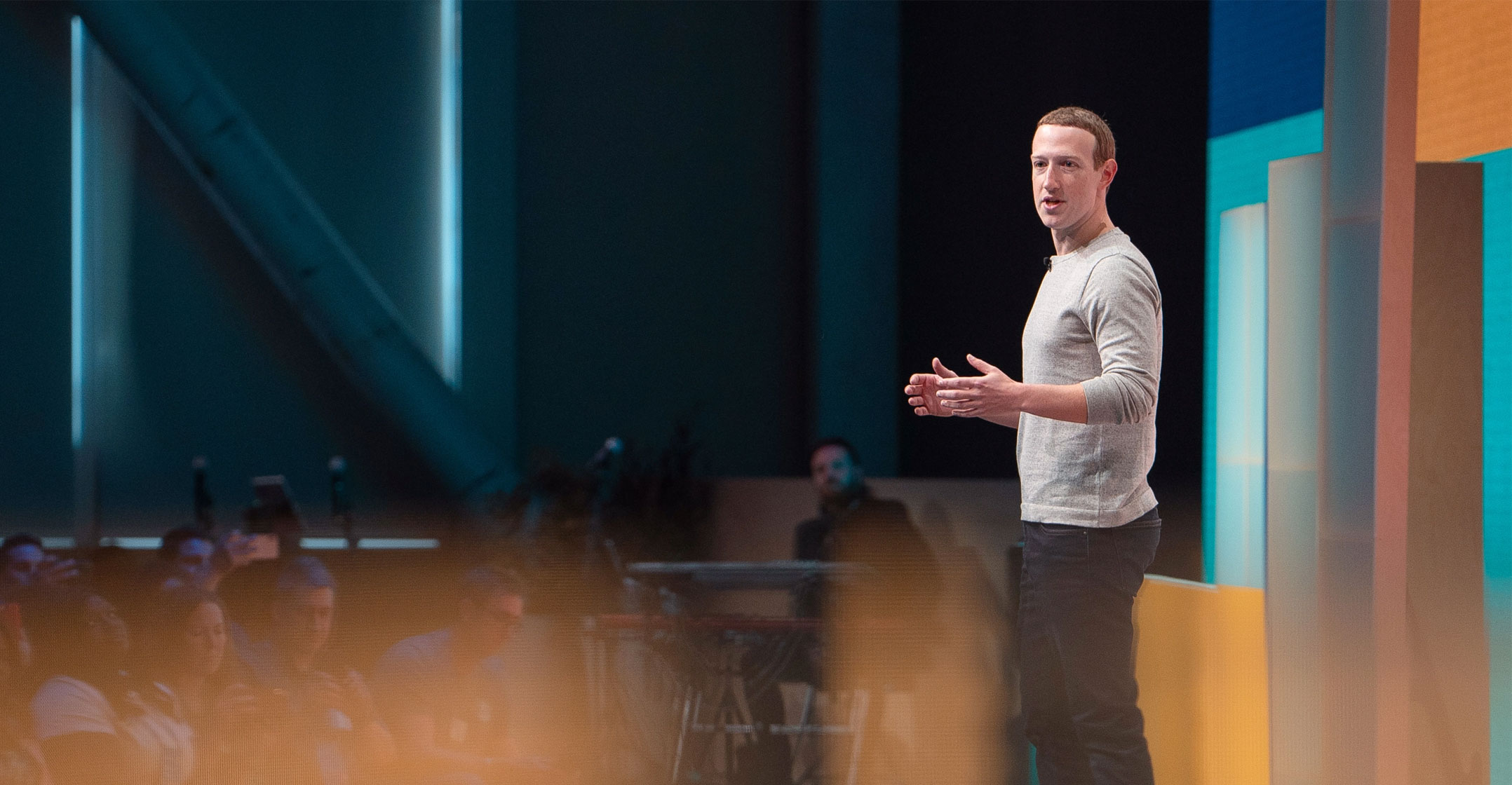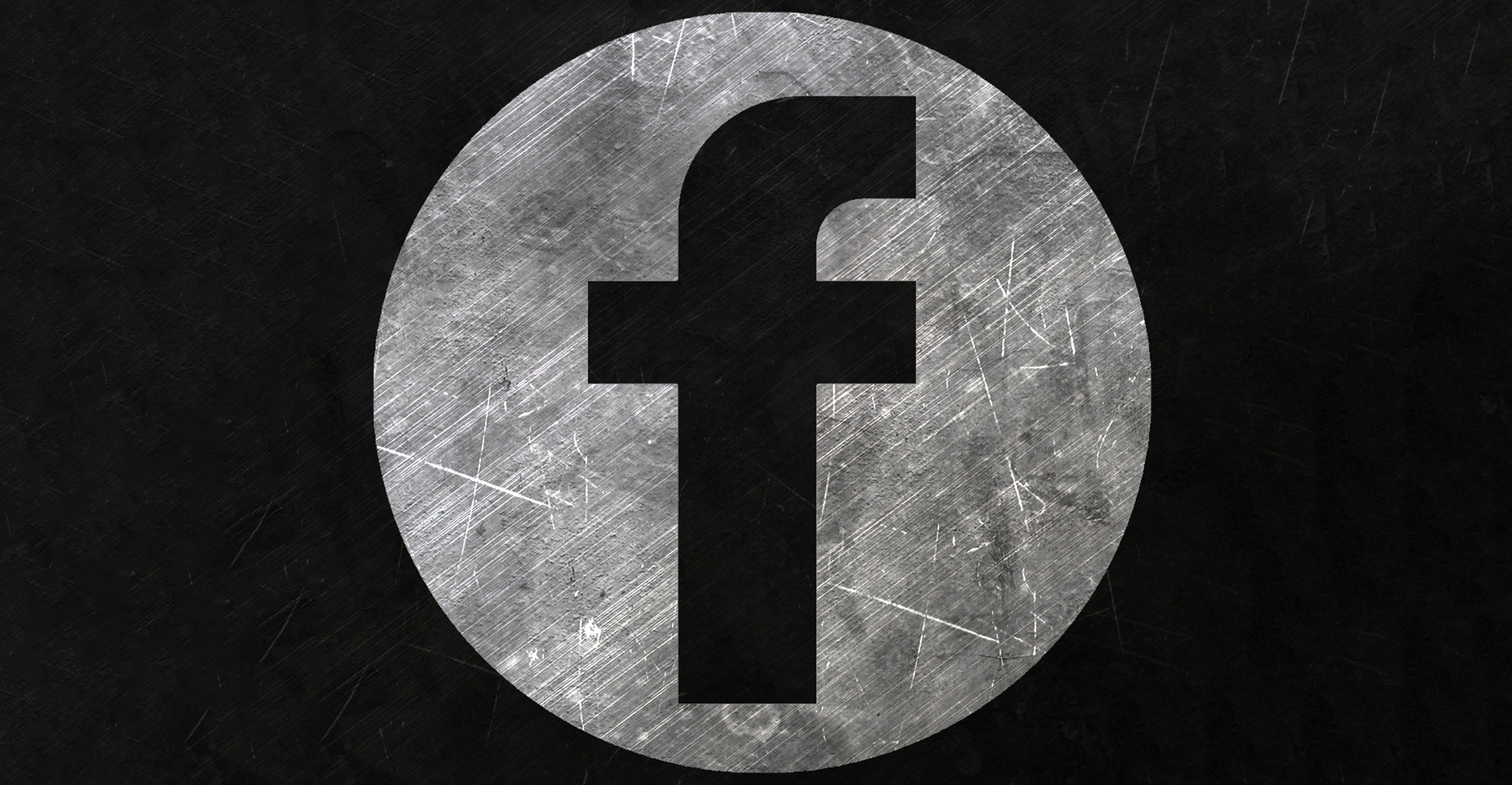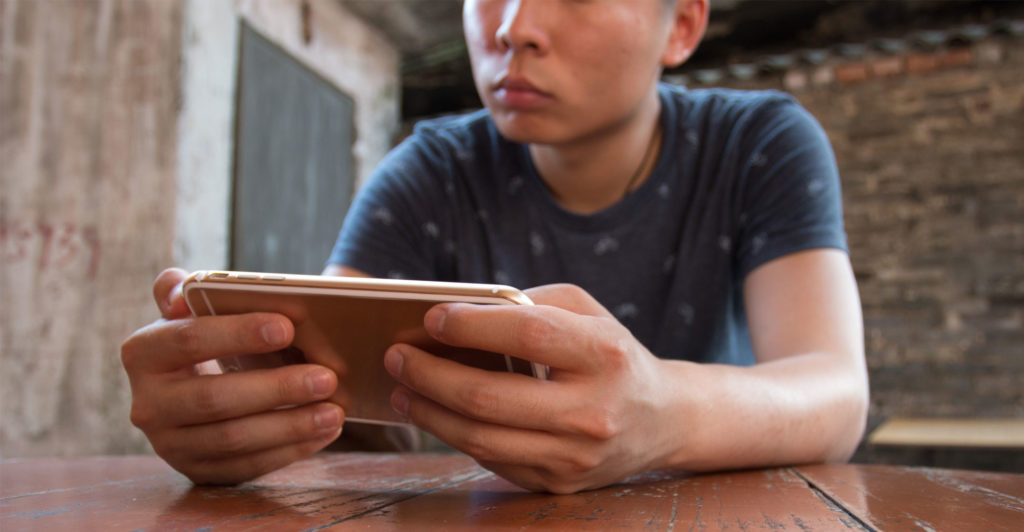
Facebook shares were poised to fall for a second day after more businesses, including Starbucks and Diageo, joined the growing number of brands planning to halt spending on social media, undermining the company’s growth outlook.
Shares declined about 2.5% in early trading before markets in New York opened on Monday. The stock had tumbled 8.3% Friday after Unilever, one of the world’s largest advertisers, said it would cease spending on Facebook properties this year, eliminating US$56-billion in market value and shaving the net worth of CEO Mark Zuckerberg by more than $7-billion. Shares closed at $216.08 on Friday after reaching a record $242.24 the preceding Tuesday.
Starbucks and Diageo followed Unilever, Coca-Cola and several other companies in saying they will cut ad spending, part of an exodus aimed at pushing Facebook and other social media platforms to limit hate speech and posts that divide and disinform.
While a single advertiser can do little to hurt a company that generated $17.7-billion in revenue last quarter, the rising tally creates peer pressure on other brands, and civil rights groups say they expect more corporations to join a boycott. Combined with a pandemic-fuelled economic slowdown, the threat to Facebook deepens.
“Given the amount of noise this is drawing, this will have significant impact to Facebook’s business,” Wedbush Securities analyst Bradley Gastwirth wrote in a research note. “Facebook needs to address this issue quickly and effectively in order to stop advertising exits from potentially spiralling out of control.”
Weakness
Facebook was already bracing for weakness in the second quarter, which ends this week. Chief financial officer Dave Wehner said in an April earnings call that he saw the “potential for an even more severe advertising industry contraction”.
The number of coronavirus cases has surged in the intervening months, prompting many parts of the US to slow or roll back re-opening efforts and giving advertisers added justification to rein in spending. Facebook’s sales will rise 1% in the June period, followed by a 7% increase in the third quarter, analysts predict, by far the smallest quarterly growth increases since the company went public.
Starbucks said on Sunday that it would pause spending on all social media platforms while it carries out talks internally, with media partners and civil rights groups “in the effort to stop the spread of hate speech”.
 Zuckerberg announced changes on Friday designed to appease critics, but the Anti-Defamation League, one of the groups calling for the boycott, called the amendments “small”. Some analysts have said the financial impact of recent exits will be limited, citing past advertiser revolts.
Zuckerberg announced changes on Friday designed to appease critics, but the Anti-Defamation League, one of the groups calling for the boycott, called the amendments “small”. Some analysts have said the financial impact of recent exits will be limited, citing past advertiser revolts.
Even so, this exodus is distinct in key ways, Bernstein Securities analyst Mark Shmulik wrote in a research note on Saturday. There’s heightened pressure to publicly demonstrate that brands stand with civil rights groups, he said.
“The current environment is very different,” Shmulik wrote. “It is very visible who is and isn’t participating in the boycott where brand silence equals being complicit.” — Reported by Kurt Wagner, (c) 2020 Bloomberg LP




